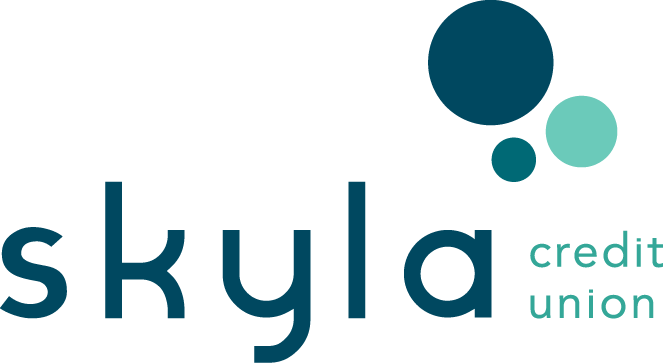What If My Personal Information Hits the Dark Web?

Imagine finding out that your personal information is floating around the dark web. It’s a terrifying thought, like leaving your front door wide open for anyone to walk in.
But before you let panic take over, take a deep breath!
While the situation is serious, there are clear, actionable steps you can take to protect yourself and minimize the damage.
Let's walk through some proactive steps to do right now to secure your information and regain control.
if your personal info hits the dark web you should
|
|
 monitor your financial statements closely
monitor your financial statements closely
One of the first steps to take when you suspect your personal information has been compromised is to monitor your financial statements meticulously. This includes checking your bank accounts, credit card statements, and any other financial transactions. Look for any unauthorized charges or unfamiliar transactions.
Regular monitoring of your financial accounts can help you spot fraudulent activity early, potentially saving you from significant financial loss. Set up alerts with your bank to notify you of large transactions or changes to your account. This added layer of vigilance can be a crucial defense against fraud.
If you do notice any suspicious activity, contact your financial institution immediately. They can help you secure your accounts and guide you on the next steps to take.
 change all your passwords
change all your passwords
Changing your passwords is an essential immediate step to protect your online accounts. Start with the accounts that contain the most sensitive information, such as your email, banking, and social media accounts. Use strong, unique passwords for each account to enhance security.
QUICK TIP: Don't use the same identifying information on multiple websites. Create strong user IDs and passwords – use a combination of upper case and lower case letters, numbers, and special characters (!@#$%^&*). Avoid using easily guessable information, such as birthdays or common words. Consider using a password manager to keep track of your passwords securely. |
By updating your passwords promptly, you make it significantly harder for cybercriminals to access your accounts. Regularly changing your passwords, even if you haven’t experienced a breach, is a good cybersecurity practice.
.png?width=50&height=50&name=two-factor%20authentication%20icon%20(3).png) enable multi-factor or two-factor authentication
enable multi-factor or two-factor authentication
If your personal information is found on the dark web, securing your online accounts should be a top priority. Two-Factor Authentication (2FA) and Multi-Factor Authentication (MFA) add extra security by requiring more than just a password to log in.
With 2FA, you’ll need a second form of verification—like a code sent to your phone—before accessing your account. MFA strengthens security even further by requiring multiple verification methods, such as biometrics or an authenticator app, making it significantly harder for hackers to break in.
Most online accounts allow you to enable 2FA or MFA in their security settings, giving you options like text messages, email verification, authentication apps, or biometric security. Even if your password is compromised, these extra layers of protection help keep cybercriminals out.

Don't know which is right for you? Check out the differences and benefits.
 freeze your credit
freeze your credit
A credit freeze restricts access to your credit report, making it difficult for fraudsters to secure loans or credit cards using your information.
While a credit freeze won’t prevent existing accounts from being accessed, it’s a proactive step to protect your financial identity. It’s wise to keep track of when and where your credit is frozen and ensure you’re aware of the process to unfreeze it when needed.
.png?width=50&height=50&name=law%20enforcement%20icon%202%20(1).png) report it to law enforcement
report it to law enforcement
In cases of identity theft or significant financial fraud, it's crucial to report the crime to law enforcement. Filing a report can help you document the incident and may be required by financial institutions or credit bureaus as part of their investigation process.
Start by contacting your local police department to file a report. You should also consider reporting the incident to the Federal Trade Commission (FTC) through their online Identity Theft Reporting website. The FTC can provide you with valuable resources and a recovery plan tailored to your situation.
Having an official record of the theft can be beneficial in resolving disputes with creditors and restoring your financial standing. It also contributes to broader efforts to combat cybercrime and protect others from similar attacks.
 check for other breached accounts
check for other breached accounts
Once you’re aware that your personal information is on the dark web, it's critical to determine which of your accounts might be compromised. Use services like Have I Been Pwned to check if your email addresses or passwords have been involved in known data breaches.
Conducting a thorough review of your accounts can help you identify which ones need immediate attention. Pay special attention to accounts that store sensitive information, such as health records or financial data.
Regular checks for breached accounts should become a routine part of your digital hygiene practices.
 notify your service providers
notify your service providers
Notifying your service providers about the breach can be an important step in safeguarding your accounts. This includes your email, internet, and phone service providers, as well as any financial institutions or online platforms you use.
Inform them of the situation and ask about steps they can take to enhance the security of your accounts. Many providers have protocols in place to support customers facing identity theft or data breaches.
By reaching out to your service providers, you can gain access to additional security resources and assistance to minimize the repercussions of the data breach on both your personal and financial security.
Psst... In April 2024, AT&T confirmed that millions of current and former customers were caught up in a data leak. The breach impacted not only AT&T customers but also anyone they communicated with through calls or texts when the logs were taken. Learn more > |
I've learned that service providers often take proactive steps to protect customer information, but there have been cases where they notify customers after their data has been found on the dark web. Don't wait to be informed—take action to protect your information before it becomes a problem.
stay informed and vigilant
Now that you have your marching orders, continue to stay informed and vigilant to safeguard your personal information. Additional things you can do to stay secure include:
- Educating yourself on common scams: Learn the common scams like online shopping scams, phishing scams, package delivery scams and more so you know how to avoid them.
- Regularly update your security software: Regular updates ensure that your antivirus and anti-malware programs are equipped to handle the latest threats. Set your software to update automatically, and conduct regular scans of your devices to detect and remove any malware.
Remember, being informed and proactive is your best defense against cybercrime. Protect yourself and your data with these practical steps and stay a step ahead of threats lurking on the dark web.
Have More Questions?
You can also always read more about Account Security and Identity Theft on the Skyla website. If you have any other questions, feel free to contact our customer service representatives by email, or give us a call at 704.375.0183.
As Content Strategist behind the Learning & Guidance Center, Yanna loves showing just how doable finance can be. Whether it’s simple tips, step-by-step guides, or comparison charts, she’s passionate about helping readers take charge and reach financial freedom with confidence
more resources to keep your finances safe
What Is a Credit Freeze?
Learn how to protect yourself from identity theft with a credit freeze. Discover the pros, cons, & steps to freeze your credit with all three major bureaus.
5 min. read
How to Freeze Your Credit
Learn how to freeze your credit and protect against identity theft. Understand the pros and cons, the process, and steps to unfreeze when needed.
7 min. read





